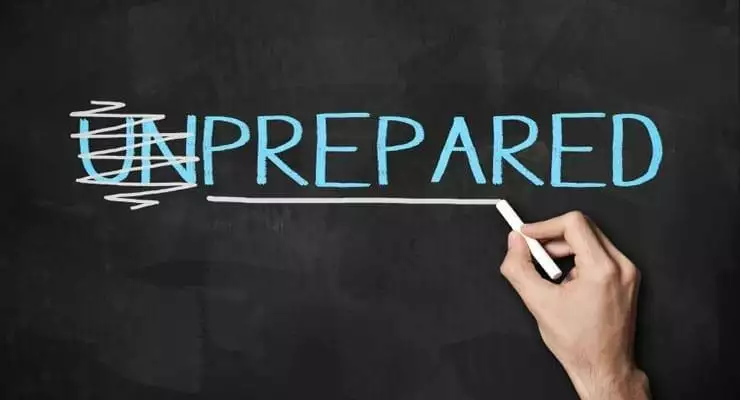Hurricanes, floods, fires, tornadoes, storms and earthquakes are just a few of the natural disasters that strike quickly and usually without much warning. Here are our suggestions on making an emergency plan and being prepared.
First, plan on investing several hours with your family to set up the plan. Know what disasters may strike in your area and find out where local shelters are and know the evacuation routes. Be sure to designate specific meeting places both close to home and farther away. Also include a contact for an out of state person that everyone can contact to relay news in case you are separated. Many times local calls won’t go through, but long distance calls may! The electricity may be out so make sure you have an extra power source like Ventev’s powercell that provides up to 25 hours of talk time to help your family stay connected.
Once you have determined where to go and who to contact, be sure that your entire family knows the plan and has the phone numbers memorized. In the event that the phones go out, it’s helpful to have a two-way radio like the Motorola Talkabout Two-Way Radio. You can also get weather updates and it has a FM radio to keep you updated on news.
Place important medical, legal and insurance documents in a place you can easily access if you have to evacuate immediately. Identify any key items you may want to take with you as well – such as photos. Make sure you plan for your pets as well! If you must evacuate, check in advance for hotels that will accept pets.
Part of planning for an emergency is to make sure you have adequate insurance coverage for your home and belongings. Document your belongings. Walk room-to-room with a camera or pen & paper and document furniture, electronics, collectibles, clothes, and other items of value. Estimate the replacement value for each and check that you have adequate insurance. Save the list and the photos as a digital file and, even if it is rough, send it to another person such as a relative a trusted accountant or lawyer for safekeeping.
In case you have to stay in your house for a few days, make sure you are prepared with water and food. You definitely should always have enough to last your family for 72 hours. And don’t forget to allot extra water for your pets, too. Since you probably will have no power, food supplies should include canned foods, protein bars, dry cereal, peanut butter, crackers and dried fruit. Think about investing in your own food dehydrator – you can dry fruits and vegetables that can be easily hydrated (or eaten as is).
And don’t forget flashlights and batteries!
Hopefully you’ll never need to execute your plan, but it’s crucial you and your family are prepared. Just in case.





